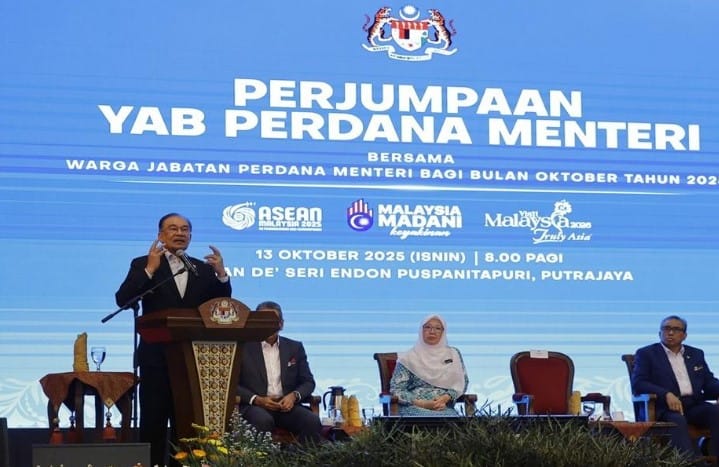
KUALA LUMPUR, April 20 – Now that Ramadan bazaars are not allowed this year so as to curb the spread of COVID-19, traders are now looking at conducting online businesses while keeping to the Movement Control Order (MCO).
With the fasting month just a few days away, the traders are all set up to generate income by providing food for iftar (the break-of-fast) and sahur (pre-dawn meal).
This year, Masthorah Ardi, 53, from Klang, will continue to sell her kuih (traditional sweets), but this time, she is using the self-pick-up and food delivery methods for her customers.
Aware that the government has disallowed Ramadan bazaars this year, the single mother is determined to earn income to support her three children, including one who is handicapped.
“The Prihatin aid from the government is not enough to last till the end of the fasting month,” she told Bernama, adding that income from her online business will help meet the family needs.
On the other hand, food truck operator Siti Marsyitah Abdullah Sahad, 34, does not mind not being able to continue her business during Ramadan this year as she also has an online boutique to run.
“I have a back-up plan. I sometimes promote my online boutique business which sells Hari Raya clothes while operating from my food truck,” Siti Marsyitah who is from Putrajaya, said.
Meanwhile, secretary-general of the Coalition of Malay Small Traders Association Associations, Malaysia (GPPPKM) Mohamed Zamri Mohammed said a ‘Warong Digital’ platform has been set up throughout the country for the public to order food online.
“For instance, in the Federal Territory, we are working with delivery companies and using runners to help traders conduct their businesses during Ramadan.
“They may not be able to trade from a physical site, but at least they have this platform to help them earn income during Ramadan,” he said.
– BERNAMA





More Stories
Malaysia, Brazil Sign Memorandum To Cooperate In Semiconductor Sector – Liew
RM7.9 Billion For TVET To Enhance Local Skilled Talent Development
Budget 2026 Reflects Govt’s Commitment To Integrity, Curbing Leakages – Azam